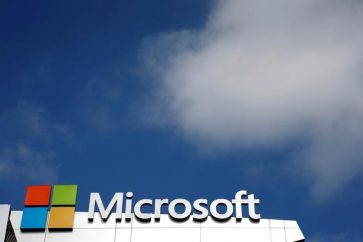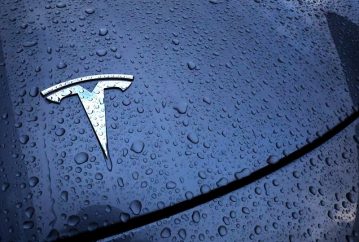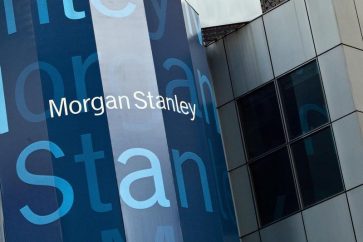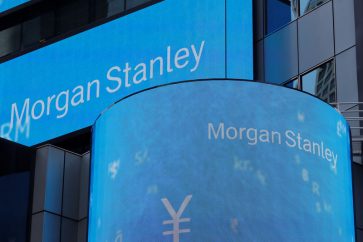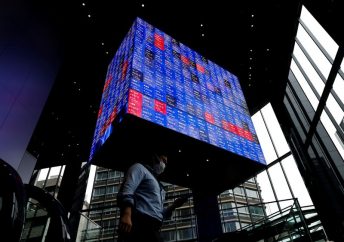For the past year and a half, Apple (NASDAQ:AAPL) CEO Tim Cook has been fielding inquiries from Wall Street analysts regarding the company’s AI strategy, amid criticism that the iPhone maker lacks a compelling AI narrative.
Following the release of Apple’s quarterly earnings report on Thursday, Cook reiterated that the company would soon provide concrete details about its AI plans.
“We continue to feel very bullish about our opportunity in generative AI and we’re making significant investments,” Cook told Reuters, highlighting Apple’s substantial expenditure of $100 billion over the past five years on research and development.
While Apple’s Big Tech competitors have also allocated significant sums to R&D, they have additionally invested heavily in constructing data centers to support AI services. For example, Microsoft (NASDAQ:MSFT) spent $14 billion on capital expenditures in the most recent quarter, with Alphabet’s Google (NASDAQ:GOOGL) not far behind at $12 billion. Meta Platforms (NASDAQ:META) indicated to investors a projection of up to $40 billion in capital expenditures for this year alone.
In contrast, Apple has maintained a different approach, with its total capital expenditure for 2023 standing at just over $10 billion.
This divergence in strategy has raised concerns among investors about Apple potentially lagging behind in the AI race, leading to a 10% decline in the company’s shares earlier this year.
However, on Friday, Apple’s shares rebounded, rising by 6.4% and partially recovering from recent losses. This increase in share price reflects renewed confidence among investors, possibly fueled by Cook’s assurances regarding Apple’s AI initiatives.
Shares of Meta, Google, and Microsoft, all of which profit from selling software or advertising services, have reached record highs as the companies vie to dominate the emerging AI landscape. However, investors have also shown hesitation due to the steep costs associated with data centers and specialized processors required for training AI models.
Apple hinted on Thursday that it won’t adopt the same approach. While Apple is expected to introduce new AI features at its annual software conference next month and revamp its product lines with AI-ready chips, Chief Financial Officer Luca Maestri stated that investors should not anticipate a significant change in the company’s approach to capital expenditures.
In response to an analyst’s question, Maestri highlighted Apple’s practice of sharing manufacturing tool costs with suppliers, which has helped keep costs down and cash generation up for over a decade. He noted a similar approach to data centers, where Apple utilizes both its own capacity and that of third parties.
This strategy may be advantageous for Apple, as it remains uncertain whether AI features such as on-device chatbots will drive consumers to purchase new devices, which remain the company’s primary revenue source.
Ben Bajarin of Creative Strategies noted that while better processors could be significant for users needing AI tools for professional use, these features may not necessarily trigger a surge in device sales.



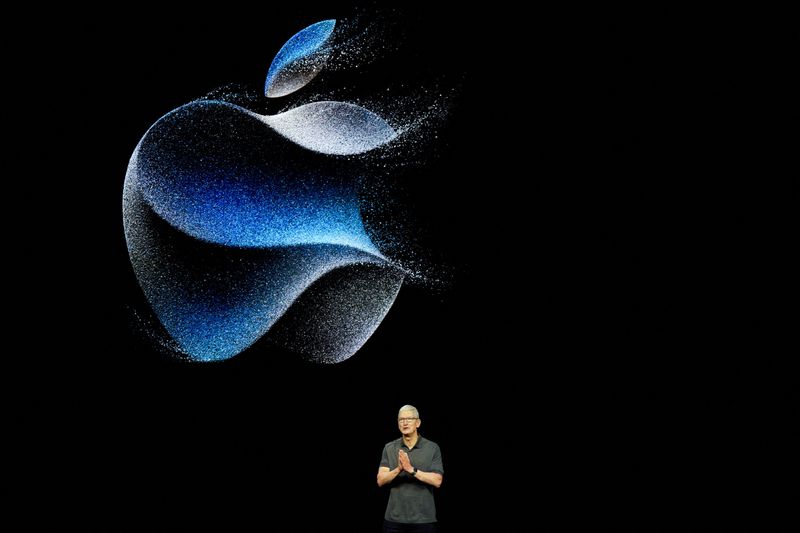
 By:
By:
